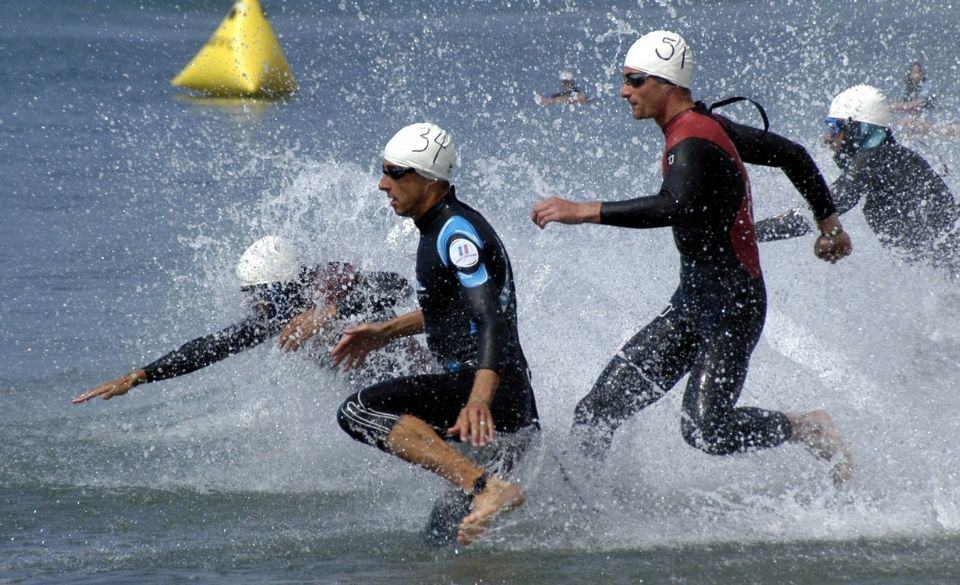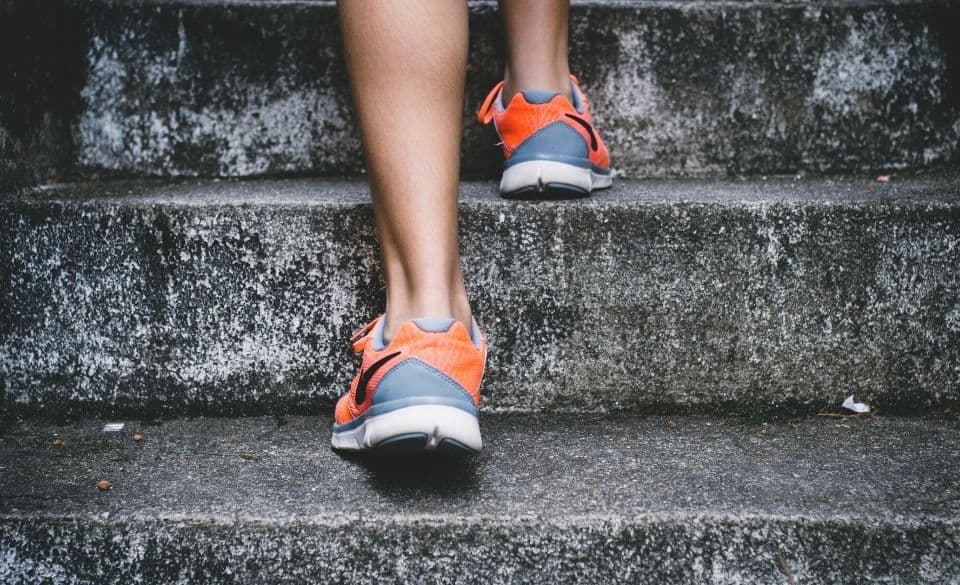
Intermittent Fasting For Triathlons & Endurance Athletes
Page Contents
Intermittent fasting has caught widespread popularity in the fitness industry, but is intermittent fasting for triathlons and endurance athletes worth it? In this article, we take a look at how intermittent fasting can affect your overall performance.
Intermittent Fasting For Triathlons – A Complete Guide
Intermittent fasting is the method of limiting calories or a period of voluntary abstinence from food and drink. It has gained widespread popularity among people in the bodybuilding and fitness community looking to burn fat.
Because of the popularity, a growing number of triathletes and endurance athletes are shifting towards intermittent fasting to lose weight and increase endurance. But is this an effective way to lose weight? And can it improve your triathlon performance?
Some research has stated that it can be effective at weight loss. Fasting long term has shown that it does not work any better than a constant calorie restriction diet but may improve endurance performance instead.
In a recent study, 12 male athletes followed a fasting program known as the 5:2 method. Before the study, subjects were required to undergo a maximal oxygen consumption test (VO2max).
The study then had participants fasting every-other-day (three days per week) following a restricted diet of 600 calories. On the non-fasting days, they were allowed to resume their regular eating patterns.
Once the study finished, researchers discovered that the participant’s performed at the same level of intensity but with a lower heart rate. They also found that and blood lactate levels were lower.
Overall the results showed that the participants had become more efficient. It also showed men lost the most significant amount of body fat at 15.1 percent, while only losing 2.91% of muscle mass.
People following intermittent fasting for triathlon often follow a two-day fasting program, rather than a complete fast. These types of diets require eating between 500-600 calories two days a week, with the remaining days following their regular diet.
This in theory may offer short-term weight loss, but overall not long term. So, this begs the question, why not stick to a regular calorie restriction each day and avoid overeating. A diet following a restrictive calorie intake is less likely to affect your overall training and recovery.
That’s why some studies have suggested that endurance athletes should not follow a fasting diet while performing high intensity training.

Intermittent Fast & Triathlon Training
One of the biggest hurdles of intermittent fasting is the effect it may have on your triathlon training. Although some people swear by it, it is still not 100% known whether it can improve your performance in triathlon training and racing.
Most of the studies available today come from males and have been limited to mostly religious fasting and health data. Even though there have been numerous nutrition recommendations published, there is little to no data on the effects of intermittent fasting and triathlon training. So the question is, should you intermittent fast if you’re a triathlete?
The problem for most triathletes following an intermittent fast is that there is an increased chance of injury and illness. Methods such as the 5:2 may not provide enough nutrients, let alone enough energy to produce quality workouts.
Other methods such as the 16:8 require you to skip breakfast. This is ok for relatively short workouts, but if you’re like any typical triathlete your workouts are anything but short. In turn, affecting your ability to produce a quality workout.
Intermittent Fasting Types
1: 5:2 – Eat normally for 5 days. Then restrict energy intake to about 600 calories for 2 days. The two days don’t need to be sequential.
2: 16:8 – Consume calories within an 8-hour window and fast the other 16 hours. Skipping breakfast also after overnight fasting.
3: Alternate Day Fasting – Every other day of the week. Limiting calorie intake to 500 calories on fasting days.
4: No calories for 1-2 days at a time.
In summary, fasting does not provide enough beneficial nutrients from food and will probably result in poor performance and inadequate recovery within triathlon training. That isn’t to say that intermittent fasting should be dismissed. It just means that adequate research should be done before starting any type of fasting. And fasting should be kept to less active periods where it does not affect training, recovery, and racing.

Intermittent Fasting For Endurance Athletes
Sports scientists have not yet rigorously studied whether intermittent fasting for endurance athletes is beneficial. Some small studies show this could be possible. But overall, there is not enough investigation on whether fasting increases the ability of the muscles to use fat as fuel.
But what about the benefits of weight loss?
All three methods (5:2, 16:8, No calories) also haven’t been 100% proven to be an effective means of weight loss either. All these methods have shown that they can’t consistently accelerate weight loss or lead to greater weight loss than a basic caloric restrictive diet.
That said, it may be physiological benefit as it causes the person to focus on eating less. But in the short term, any diet that restricts calorie intake will be beneficial, as it requires you to think about what you eat.
In summary as an endurance athlete you need to remember any kind of restrictive diet or intermittent fasting will lead to lower energy intake. Thus affecting you overall training and recovery time. So if you go down this route make sure to do you research and track the results.

Fasted Cardio Endurance – What You Should Know?
The idea behind fasted cardio is that you should see an increase in endurance. Unfortunately, there are many studies both for and against this. This is because the type of training, results, age and gender play a significant role in fasted cardio endurance. So this all needs to taken into account when looking at the benefits of fasted cardio workouts.
The literature online does suggest that fasted training on post exercise muscle energy stores (glycogen) does have benefits. A recent study showed that after fasted training, muscles tended to be more primed for the next workout. It also showed that VO2MAX increased in the fasted group, similar to the study in the beginning of the article.
Unfortunately there is no long term studies on endurance and fasting within the professional triathlon community. So overall there needs to be more studies performed to give us a better insight to the benefits of fasted cardio on endurance.
Overall, fasted workouts may have a place within cardio endurance training as it may improve glycogen storage in the muscles. But overall the effects on cardio and endurance capacity needs to be confirmed by more research.



